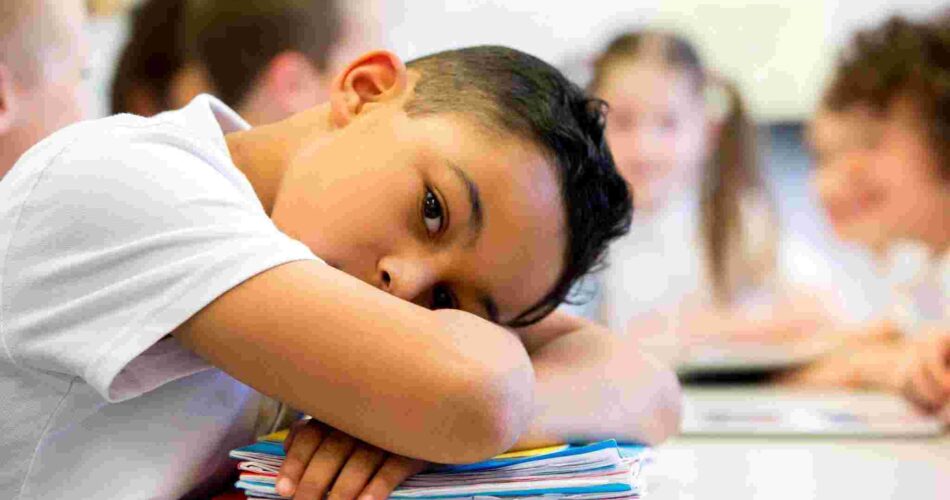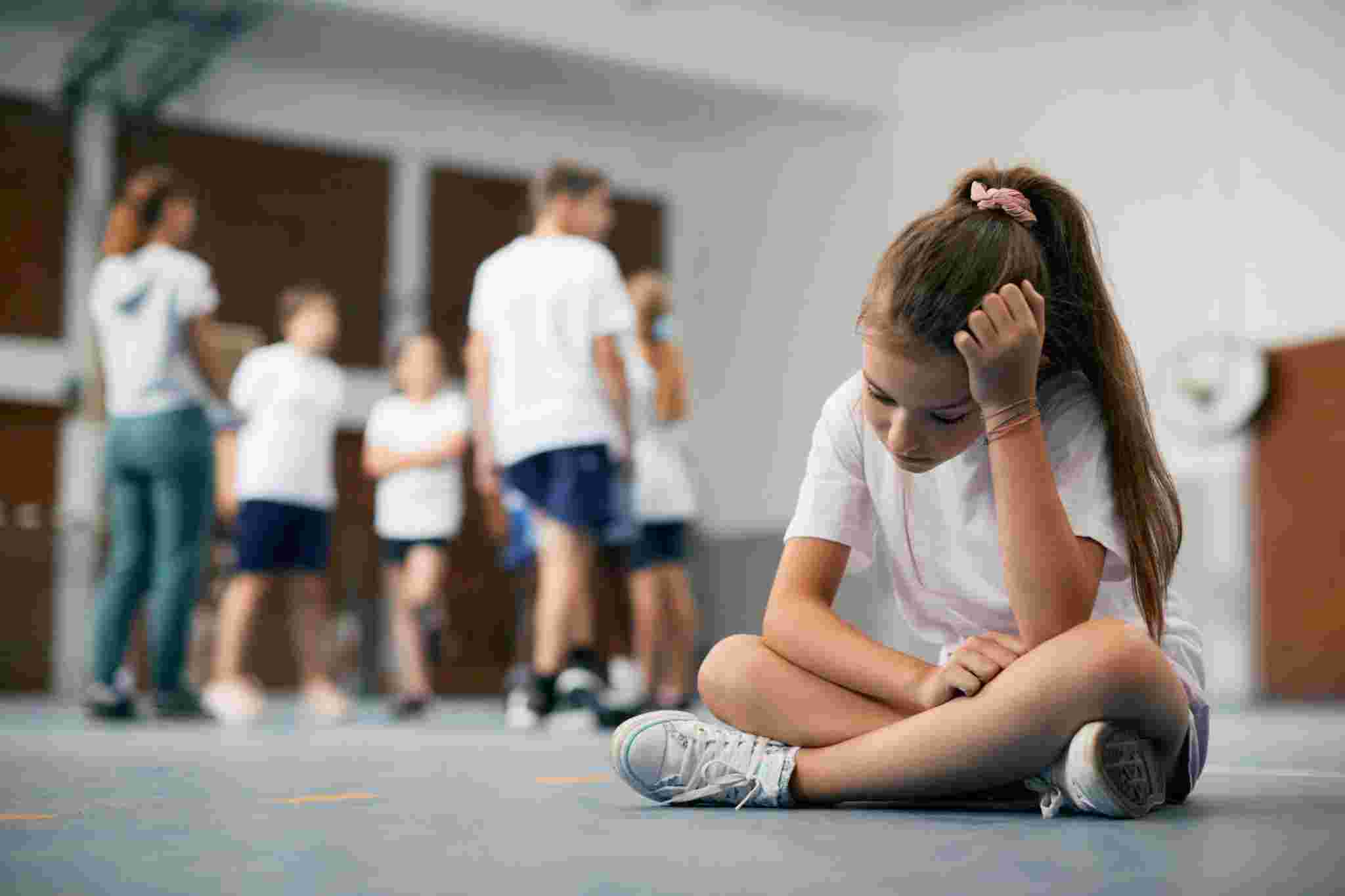What Happens When a Child Has No Friends?
Friendships are a big part of childhood. From playground games to classroom projects, kids learn important life skills through their interactions with peers.
As parents, we all want our children to thrive socially, but sometimes, despite our best efforts, a child may find themselves without close friends. Whether it’s due to shyness, changing schools, or simply struggling to connect, not having friends can have a significant impact on a child’s emotional well-being.
But what happens when a child struggles to make friends—or worse, has none at all? It’s a heartbreaking reality for some kids, and the effects can be more serious than many parents realize. A lack of meaningful friendships can lead to loneliness, low self-esteem, and even difficulty developing social skills later in life.
If you’re worried about your child’s social life, you’re not alone. In this post, we’ll find out why some kids struggle with friendships and what you can do to help.
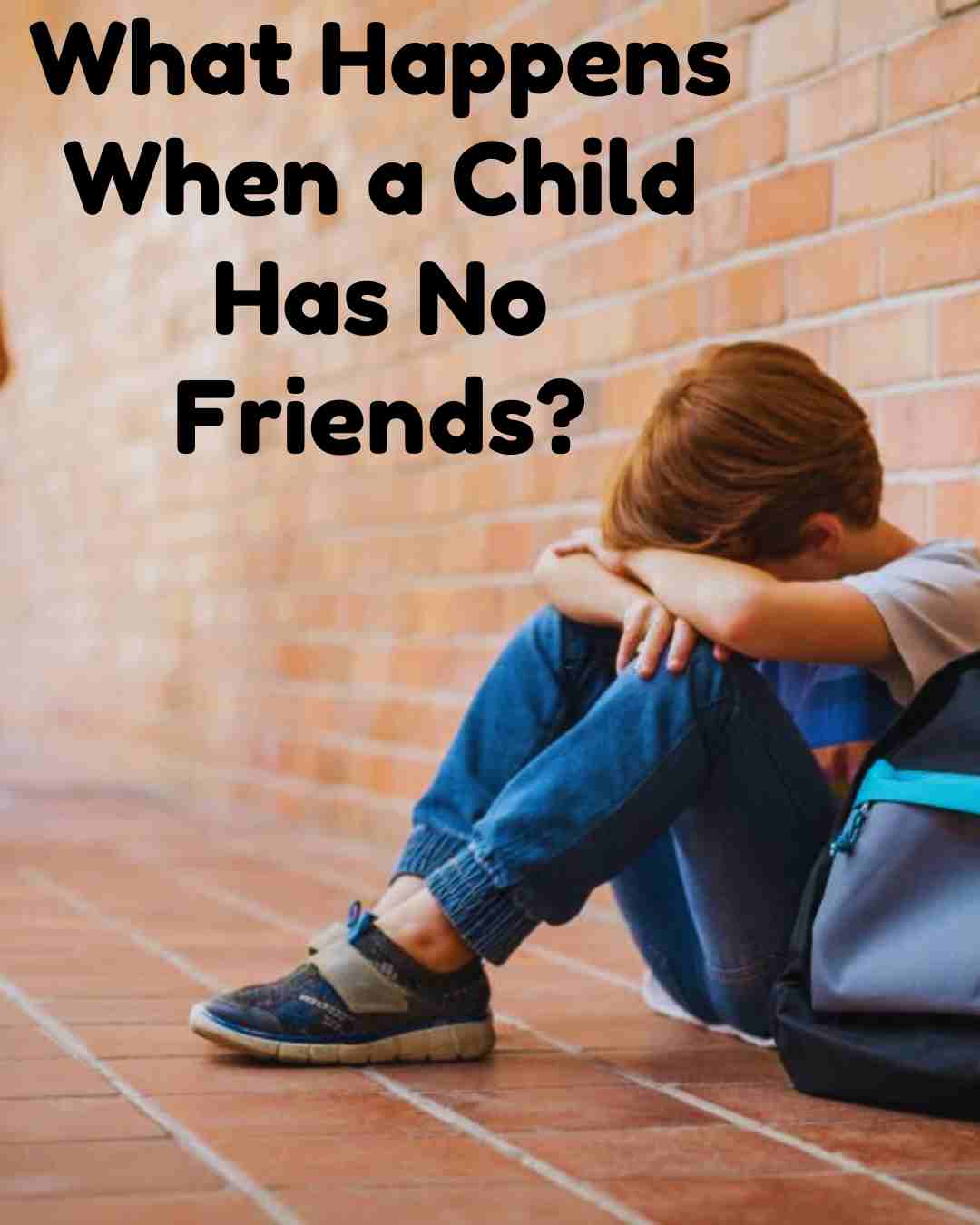
What Happens When A Child Has No Friends?
Growing up without friends can have a range of emotional, social, and psychological effects on a child. The impact varies depending on the child’s personality, family, environment, and other external factors, but some common outcomes include:
1. Loneliness and Social Isolation:
Without friends, children may feel isolated, leading to feelings of loneliness, sadness, or even depression. Social connections are crucial for emotional well-being.
Kindly read:
- Raising Confident Kids: Simple Steps to Foster Self-Esteem
- Overly Affectionate Child: What Does It Mean?
2. Social Development
Friendships help children learn important social skills, such as sharing, communication, empathy, conflict resolution, and cooperation. Without these experiences, a child may struggle to navigate social situations later in life.
3. Academic Cognitive Impact
Friends often provide encouragement and a sense of belonging, which can motivate children to engage in school and extracurricular activities. Without this support, a child may lose interest in academics or other pursuits.

4. Self-Identity and Confidence
Friendships help children feel valued and accepted. Without this validation, a child may develop a negative self-image or doubt their worth and confidence. They might feel “different” or believe they are unlikable, which can influence their self-image.
5. Coping Mechanisms
A child without friends may become overly dependent on family members for social interaction or may turn to books, video games, or other solitary activities as a way to cope with loneliness, which can become excessive if not balanced with social interaction.
6. Long-Term Effects
The social and emotional skills developed during childhood often lay the foundation for adult relationships and professional interactions. A lack of early friendships can lead to challenges in forming connections later in life.
7. Increased Risk of Mental Health Issues:
Long-term social isolation can contribute to mental health concerns like anxiety, depression, and behavioral problems, as the child may lack the support and coping mechanisms that friendships provide.

Negative Effects of not Having Friends as a child
Not having friends as a child can take a real toll on a kid, affecting their emotions, behavior, and even future relationships.
1. Feeling Like They Don’t Belong
Kids naturally want to fit in. When they don’t have friends, they start questioning, “What’s wrong with me?” This feeling of being different or unwanted can make them hesitant to put themselves out there, leading to a cycle of isolation that gets harder to break as they grow older.
2. Struggles With Social Skills
Children learn a lot from their friends—how to share, handle disagreements, and express themselves. Without those experiences, they may struggle to connect with others as they grow up. They might feel awkward in social situations or become too shy to start conversations.
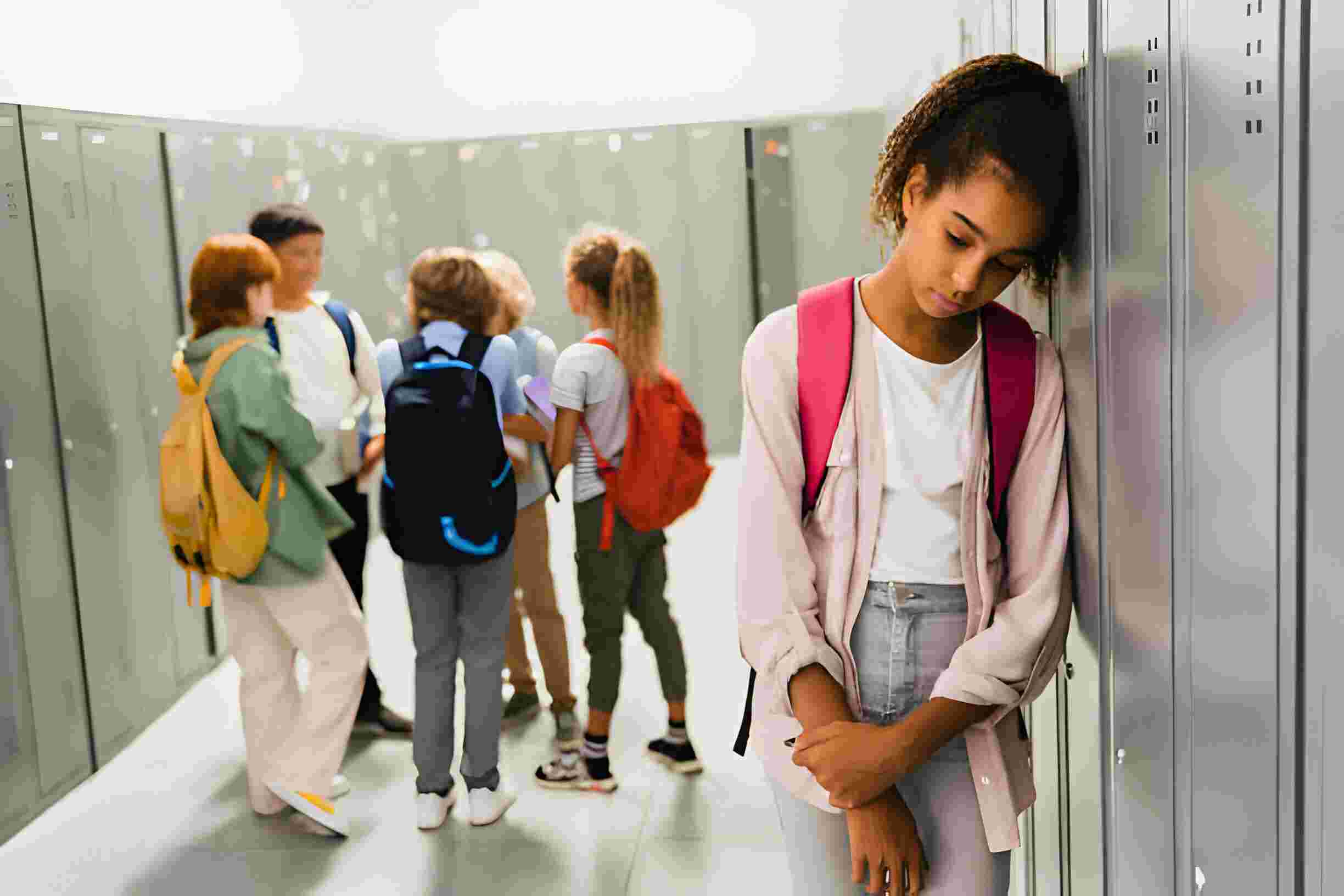
3. School Becomes a Tougher Place
Having friends makes school more enjoyable. Kids without friends may feel disconnected from classmates, making school feel like a lonely, unwelcoming place. This can lead to a lack of interest in participating in class, avoiding school activities, or even skipping school altogether.
4. Acting Out or Withdrawing
Some kids react to not having friends by lashing out—becoming aggressive, overly competitive, or attention-seeking. Others do the opposite, withdrawing from people altogether. They might prefer to be alone, avoiding social situations because they don’t want to feel rejected again.
5. Harder Time Building Relationships Later
Friendships in childhood are like practice for relationships later in life. Without them, it can be harder to form deep connections as an adult. They might struggle with trust, fear rejection, or feel uncomfortable opening up to others.
6. Physical Health
Chronic loneliness and stress can weaken the immune system, making children more susceptible to illnesses. Friends often encourage healthy behaviors like physical activity. Without friends, children may be less active or develop unhealthy habits.
7. No Safe Space to Express Emotions
Kids rely on friends to vent about a bad day, laugh about embarrassing moments, or talk about their fears. Without that outlet, they may bottle up their emotions, leading to frustration, anger, or even emotional numbness over time.
8. A Cycle That Can Be Hard to Break
Once a child feels like an outsider, it can be tough to change that. They might avoid social situations out of fear of rejection, which only makes it harder to make friends. This cycle can continue into adulthood, making it even more difficult to form meaningful connections later in life.
9. Lack of Emotional Support During Tough Times
Friends aren’t just for fun—they’re a support system. When something stressful happens, like a bad grade, family issues, or a personal failure, kids with friends have someone to talk to. Those without friends are left to deal with their emotions alone, which can make problems feel much bigger than they are.
Long-Term Effects of Having No Friends as a Child
1. Struggles with Social Skills
Children who grow up without friends miss out on crucial social experiences. They don’t get as many chances to practice things like conflict resolution, cooperation, or reading social cues. As adults, they may find it harder to build and maintain relationships, whether in friendships, romantic partnerships, or at work.
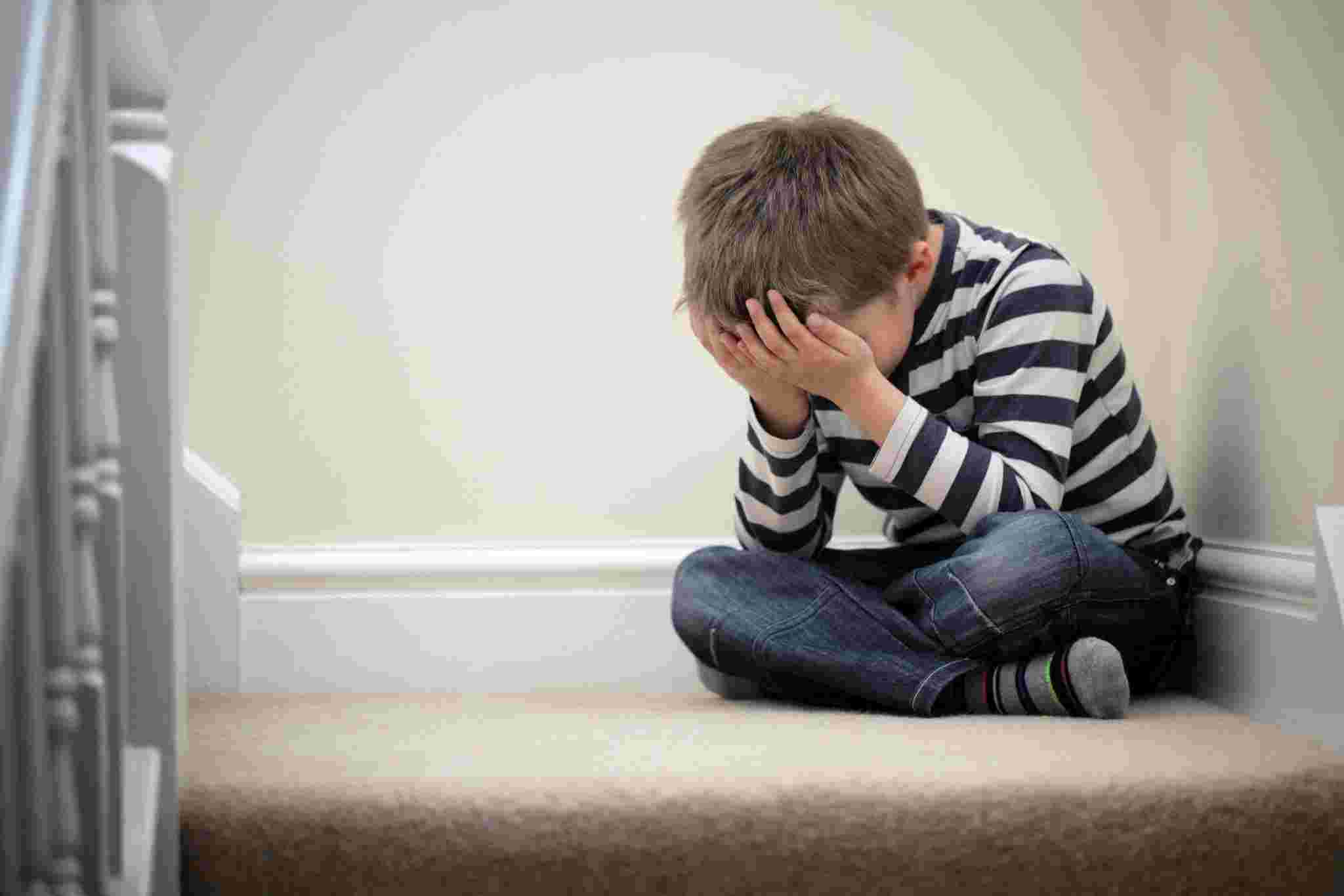
2. Increased Risk of Anxiety and Depression
Childhood loneliness can lead to feelings of rejection and low self-worth. These feelings can evolve into anxiety, depression, or social withdrawal. Studies have shown that people who were isolated as kids are more likely to struggle with mental health issues in adulthood.
3. Difficulty Handling Rejection
Rejection is a part of life, but kids who don’t experience friendships may not develop the resilience to handle it well. As adults, they might take rejection—whether in dating, jobs, or social situations—especially hard, leading to self-doubt and fear of putting themselves out there.
4. Poor Communication Skills
Without regular peer interactions, children may not develop strong communication skills. This can affect their ability to express themselves clearly, assert their needs, or engage in meaningful conversations. As adults, they might struggle with public speaking, networking, or even everyday small talk.
5. Trouble with Teamwork and Collaboration
Most jobs require some level of teamwork. Kids who never learned to work with others may find it difficult to function in team settings. They may either become overly independent, avoiding collaboration, or struggle with the give-and-take needed for effective teamwork.
6. Higher Chances of Loneliness in Adulthood
Childhood is when the foundation of social skills is laid. Without that early experience, making friends as an adult can be much harder. This can lead to long-term loneliness, which has been linked to various health problems, including heart diseases and cognitive decline.

7. Lower Self-Esteem and Confidence
Friendships play a huge role in shaping self-esteem. Kids who grow up without friends may feel like they’re not likable or good enough. This belief can carry into adulthood, making them more hesitant to take risks or believe in their abilities.
Solutions To A Child Without Friends
1. Get Them Involved in Activities
Kids often make friends through shared interests. Sign them up for something they enjoy—whether it’s soccer, art class, chess club, or dance. It’s a natural way to meet other kids who like the same things.
2. Teach Them How to Connect
Sometimes kids just need a little guidance on how to make friends. You can practice things like starting a conversation, sharing, or asking someone to play. Role-playing at home can make them feel more confident when they’re out in the real world.
3. Be Their Social Cheerleader
If they’re nervous or shy, reassure them that it’s okay to feel that way. Encourage them to take small steps, like saying hi to a classmate or joining a game at recess. Celebrate their efforts, even if it doesn’t lead to an instant friendship.
4. Create Opportunities to Socialize
Set up playdates with kids from school or the neighborhood. If they’re younger, you can organize the hangout; if they’re older, help them plan something fun with a peer. Sometimes all it takes is a little push to get things started.
5. Talk About What Makes a Good Friend
Help them understand what healthy friendships look like—like kindness, respect, and having fun together. If they’ve had negative experiences, like being left out or bullied, talk through those feelings and help them process what happened.
6. Focus on Their Confidence
Kids who feel good about themselves are more likely to connect with others. Encourage their hobbies, celebrate their strengths, and remind them that it’s okay to be themselves. Confidence is magnetic!
7. Be Patient
Friendships don’t always happen overnight, and that’s okay. Some kids take longer to find their people, and that’s normal. Avoid putting too much pressure on them—it’s about quality, not quantity.
8. Keep an Eye Out for Bigger Issues
If they’re really struggling—like they’re super anxious, seem deeply unhappy, or are being bullied—it might be worth talking to a teacher, school counselor, or even a therapist. Sometimes an outside perspective can help.
Friendships play a vital role in a child’s emotional and social development. When a child has no friends, they may experience loneliness, low self-esteem, and difficulty developing essential social skills.
However, with parental support, guidance, and opportunities to engage with peers, children can learn to build meaningful connections. Encouraging hobbies, social activities, and open communication can help them navigate friendships at their own pace.

